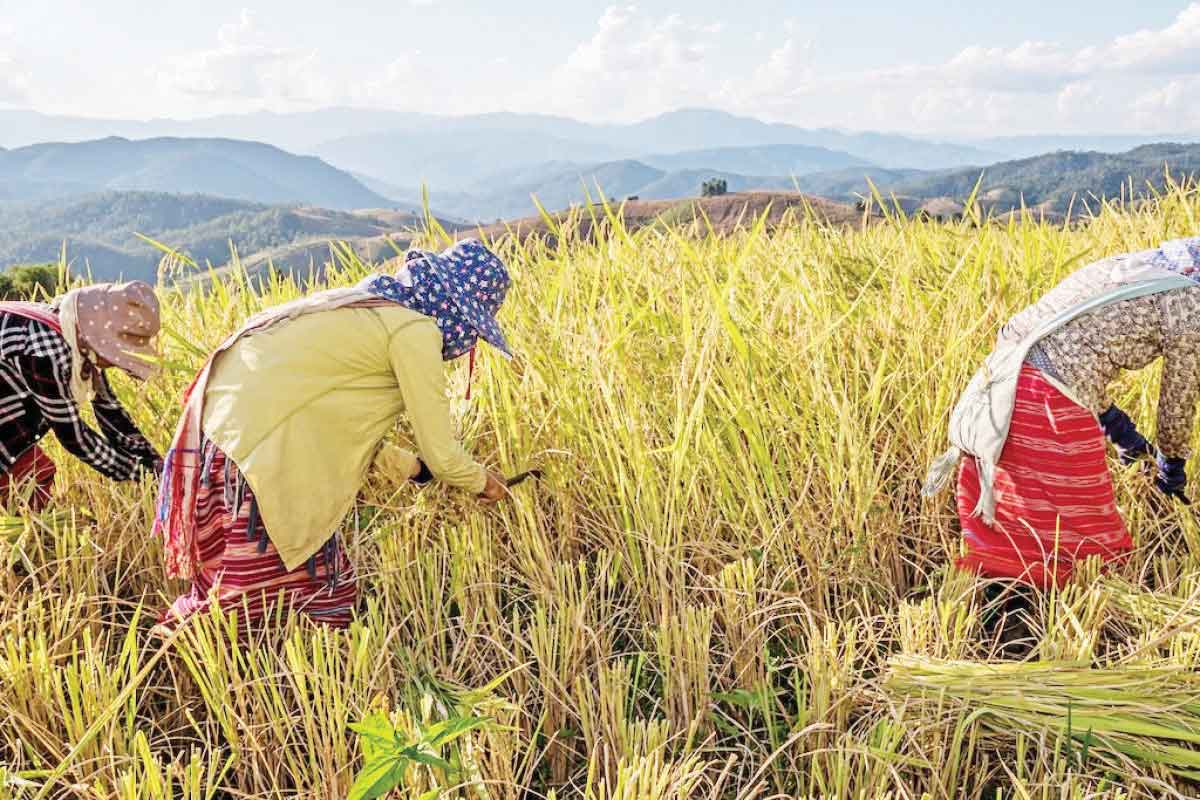
The Provincial Disaster Risk Reduction and Management Council (PDRRMC) in Negros Oriental has approved a resolution recommending the province to be placed under a state of calamity.
The council recommended declaring a state of calamity, based on the damage to agriculture or crops and livestock due to the drought caused by the prevailing El Niño phenomenon, which has already reached over P115 million as of April 19, said provincial agriculturist Manuel Caduyac of the Provincial Agriculture Office.
The municipality of Sta. Catalina and Bayawan City have been placed under a state of calamity due to El Niño.
Adrian Sedillo, provincial disaster risk reduction and management officer, said that under the law, if two or more local government units are affected or placed under a state of calamity, the province is qualified to also declare a state of calamity to utilize the quick response fund (QRF) for the provision of assistance to the affected farmers or population.
However, the province should meet the criteria of 15 percent of the population and 30 percent of livelihood and structure affected to be placed under a state of calamity.
The recommendation will be endorsed to the Sangguniang Panlalawigan for appropriate action.
Sta. Catalina is now under a state of calamity after the town recorded at least P35 million worth of losses to crops, fisheries and livestock.
Of the town’s 22 barangays, 20 are affected by the prolonged dry spell that destroyed farms and livestock.
Caduyac reported that the other local government units (LGUs) that reported damage and losses are Bayawan City with P30 million, followed by Zamboanguita with P29 million, Canlaon City with P19 million, Mabinay with P18.5 million, Tayasan with P16 million, and Bais City with P14 million.
Sedillo said that as soon as the province is placed under a state of calamity, “The farmers or LGUs will be assisted using the QRF considering that they now project that the planting season will be delayed as the effects of El Niño will extend to May and part of June.”
Meanwhile, some areas affected have conducted water rationing in their areas.
The extreme heat brought about by El Niño has led to the suspension of all in-person classes in all levels in Negros Oriental from April 3 to 5. (PIA-7 Negros Oriental)

